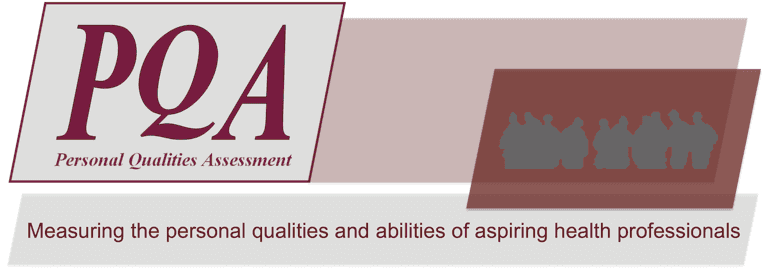Presentation to 5th annual meeting of the Society of Australasian Social Psychologists, Fremantle, 27-30 April 2000.
(Australian Journal of Psychology 52, 2000 Supplement, p14)
Munro D, Bore M
The relevance of empathy vs narcissism and other characteristics for predicting ethical behaviour in medical students.
In this paper we will first briefly review findings from a series of studies to investigate possible predictors of ethical or moral behaviour among medical school applicants (see also Munro et al. 1998, below). This has produced two psychometrically satisfactory sets of scales, one for measuring a quasi-personality dimension of empathy vs narcissism (which can also be construed as two or four partly independent dimensions) and one for assessing a moral orientation dimension characterised as libertarianism versus communitarianism (with a possible second factor). Relationships with other measures of personality, including the Cattell 16PF global factors and "emotional intelligence," and other variables including those of the Schwartz Values Scale and authoritarianism have been partly supportive of construct validity. These general findings will then be discussed with respect to the capabilities of such instruments to screen applicants for medicine and/or other "helping professions."
Reference:
Munro D, Bore MR, Kerridge I, White F (1998)
In Symposium: Assessing moral thought and interpersonal sensitivity.
33rd. Annual Conference, Australian Psychological Society, Melbourne, 1-5 October 1998.
ABSTRACT: This symposium began from a search for a more comprehensive selection procedure for students of the health professions, to supplement the existing evaluations of academic ability and appropriate career motivation. Two problems were identified among a minority of students: difficulty in adopting appropriate criteria for making ethical judgements even after the normal philosophically-based courses and opportunities for discussion in seminars and practical situations, and insensitivity to interpersonal relationships involving patients/clients and fellow professionals. Research on these two aspects is being carried out with consultation between psychologists and medical ethicists, and has resulted in the development of a variety of experimental tests for each aspect. Two of the papers presented will discuss the theoretical bases for the development of the tests, and outline the empirical relationships which have been established between them in data collected from large samples of applicants in late 1997. The other papers will review some of the philosophical and psychological issues involved.
